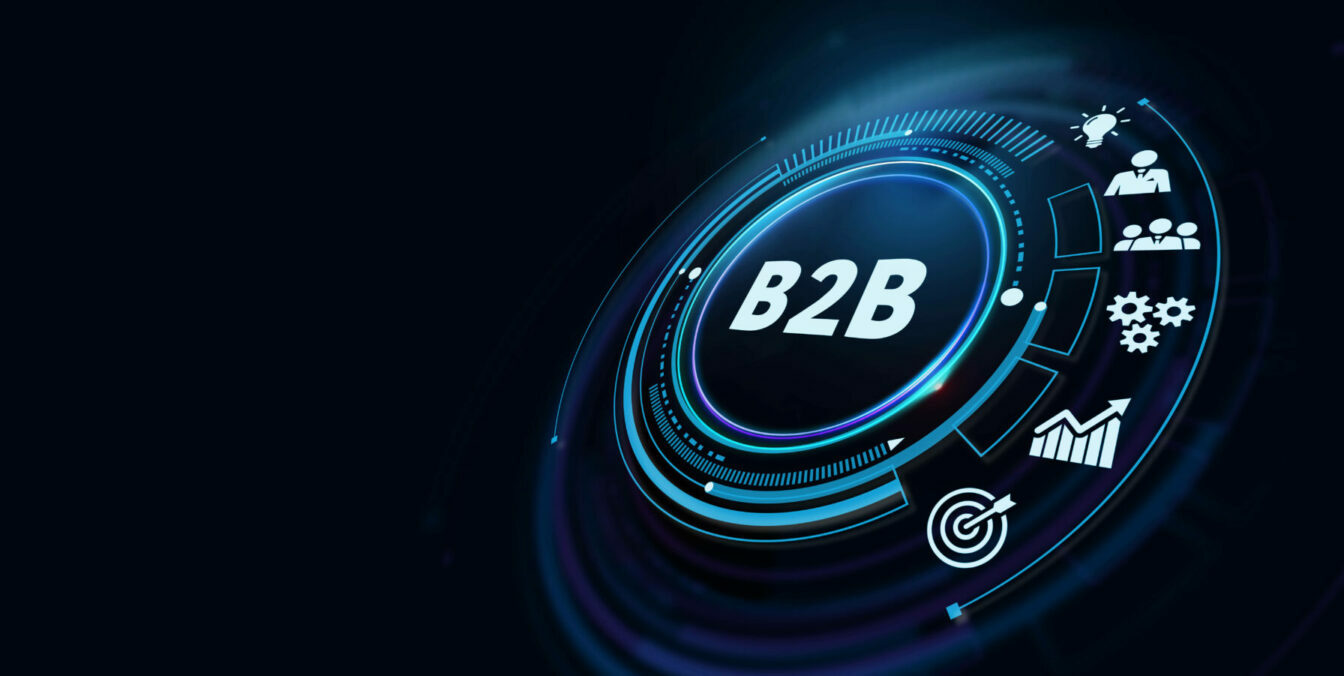
Understanding thought leadership
B2B stands for ‘business-to-business’ and B2C stands for ‘business-to-consumer’. While these two acronyms might seem fairly self-explanatory, it’s surprising how often people fail to recognise some of the main distinctions.
So, what are the key differences that set these two indispensable forms of marketing apart?
Audience
B2C is directed solely at the end user, therefore it speaks directly to an individual. B2B usually speaks to buyers, decision makers or C-level executives on behalf of their entire business, team, or department. In this way, the buying process for B2C is generally a lot faster, impulsive and requires less factors for consideration. In comparison, the B2B audience will often be thinking about the longer term benefit to their organisation and will have a wider range of practical considerations before conversion.
Level of detail
Quick purchasing decisions, fast transactions and a close focus on individual user experience is much more suited to the realm of B2C. Whereas, B2B audiences will often expect something more thorough, detailed and in depth, as they’ll need to undertake extensive research to build a business case for purchases. Consumer focussed content is often simple and short to convey key messages quickly. In comparison, a business orientated audience like to have evidence of credibility and expertise to convince them you know what you’re talking about and that you can provide authentic insight and evidence. This might mean referencing more stats and data, consulting subject matter experts, and using the relevant specialist terminology.
Fact: 90% of B2B customers visit 2-7 sites before they make any purchases.
Relationship
There’s a distinct difference between the type of relationship B2B and B2C will have with their content. On one hand, B2B is far more concerned with building a longer term relationship, on the other B2C is far more persuasive and aims to create a faster acting impression. In B2B, building a trusted and reliable reputation can be done through thought leadership strategies and content which highlights dedication to your industry. Your B2B audience will want to feel you understand their work and professional needs by offering valuable solutions. B2C buyers might be more inclined to feel an emotional connection or feel that you’re speaking to their sense of personal identity.
Types of content
As with many things, the content you might wish to deploy can vary considerably between these two marketing strategies.
B2B often relies on more informative and information driven resources:
- Whitepapers
- eGuides
- Expert blog posts
- Case studies
- Infographics
- Newsletters
- Webinars
- More B2B focused social media platforms such as LinkedIn/Twitter
Comparatively, for B2C you may want to use:
- Short videos or animations
- Rich media such as pictures/images/videos
- Brochures
- Anecdotal articles or light-hearted blog posts
- User-generated content
- More B2B focused social media platforms such as Facebook/Instagram/Twitter
Fact: In a small study of 1,000 adults in the UK, it was found that consumers are more likely to share an online video than they are a text article.
Tone of voice
When it comes to tone of voice, there’s some notable differences between B2B and B2C. As a general rule, individual consumers are certainly more emotionally driven, therefore you can be far more emotive, persuasive, and rhetorical with your approach to them. B2B audiences will largely interact with content as part of, or as an extension of their work, so it’s critical to retain some level of professionalism and formality. While both will benefit from a conversational and approachable tone, B2C certainly has more opportunity to push the boundaries of informality, with generally more room for humour and hyperbole.
Refine your strategy…
While there may be some crossover between the two, it’s undeniable that understanding the differences is essential if you’re going to win over your audience and deliver successful returns.
Interested in how you can cultivate your own B2B marketing strategy?
Here at asabell, we specialise in B2B and have helped a long list of clients establish themselves as a unique voice in their industry. So, with our longstanding experience and expertise in this area, we’re more than equipped to help you on your way.
If you’d like to find out about some of the solutions we’re able to offer, please don’t hesitate to get in touch.





